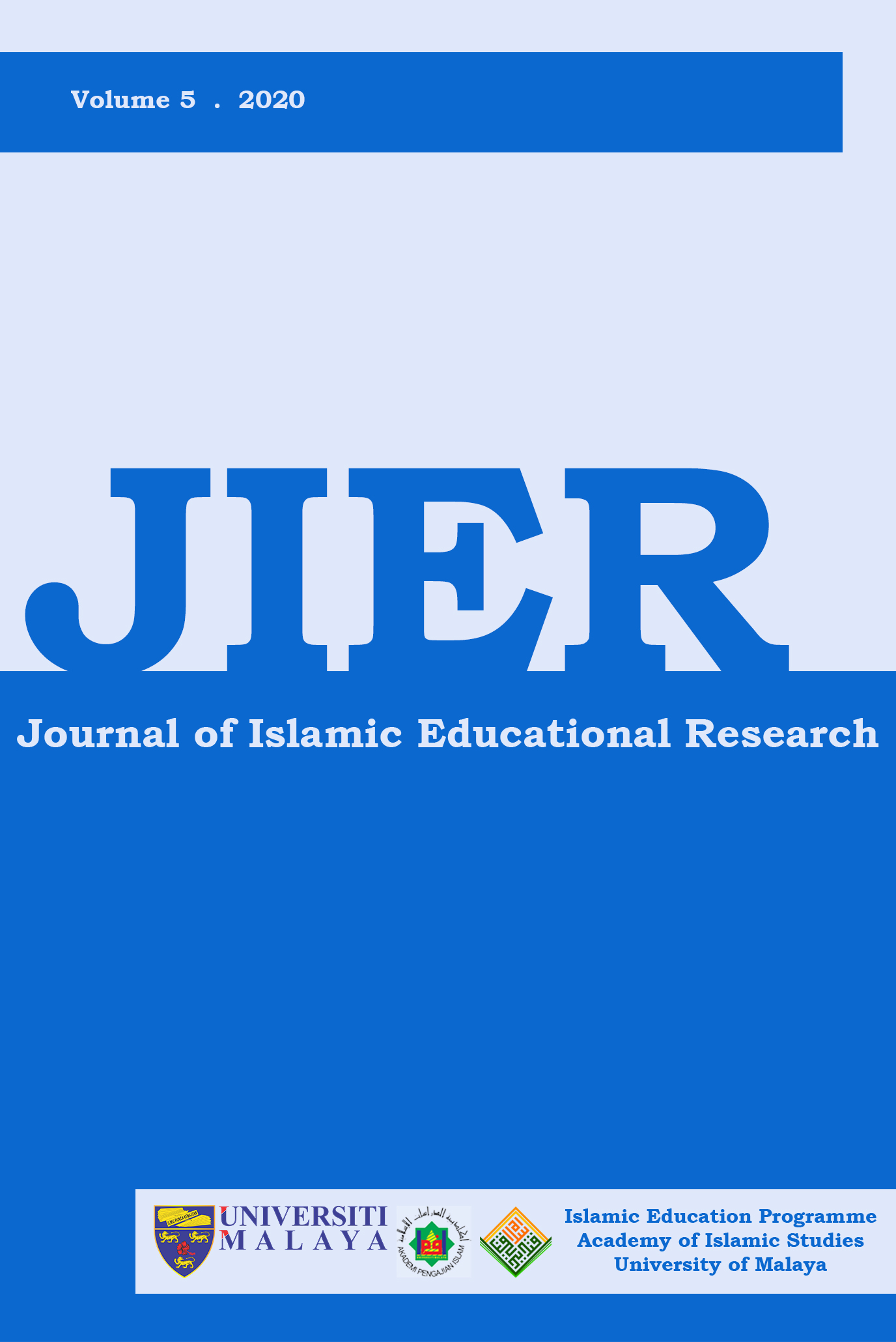A REVIEW OF THE FACTORS OF ANXIETY IN SPEAKING ARABIC LANGUAGE AND THE 4TH INDUSTRIAL REVOLUTION
Keywords:
Fourth Industrial Revolution (4th IR), Language Anxiety, Speaking Skill, Causal Factors, Arabic LanguageAbstract
The Fourth Industrial Revolution (4th IR) influences educational institutions through the transformation process in delivering knowledge among the students. It also affects the process of learning a language such as the Arabic Language as a foreign language. Speaking skill is a productive skill in learning the language, which is the highest skill in applying the language. The study of foreign language anxiety has attracted much attention in the field of foreign language education in the past few decades. Thus, many causal factors influence Arabic language learning which contributes to anxiety in speaking the language among the students. The paper aims to review and identify the factors that contribute to anxiety in speaking skill during the 4th IR era, especially in the process of learning Arabic. The methodology uses in the study is library research which involves recent sources such as books, magazines, seminars, conferences, sources from the internet, articles and journals related to the study. The discussion shows that many factors contribute to the emergent of anxiety among the students. Ultimately, it aims to encourage educators to find the initiatives in addressing anxiety issue faced by students during the 4th IR while teaching Arabic Language.
Downloads
Downloads
Published
How to Cite
Issue
Section
License
The published manuscript shall be a copyright of the Islamic Education Programme, Academy of Islamic Studies, University of Malaya, Kuala Lumpur, Malaysia. The published manuscript would not represent the stand or opinion of the Advisory Board, Editorial Board, Co-Editorial Board and the Management Team of Journal of Islamic Educational Research (JIER), or the Islamic Education Programme, Academy of Islamic Studies, University of Malaya.
Note: This is an open access journal which means that all content is freely available without charge to the user or his/her institution. Users are allowed to read, download, copy, distribute, print, search, or link to the full texts of the articles in this journal without asking prior permission from the publisher or the author. This is in accordance with the BOAI definition of open access.






